Taxpayers who should be subject to an audit are more likely to be identified using the “Unnamed Persons” search technique, which the Canada Revenue Agency (CRA) uses to identify them.
CRA may contact a business to get information on the company’s customers, for example (taxpayers). It is essential to note that the CRA does not need any information regarding the taxpayers’ identity when a request is submitted. Consequently, when the CRA creates audit lists of taxpaying people, Section 231.2(2) may be a valuable tool for them to have available. For other types of information requests, such as tax returns, the CRA must get “identifying” information about the individual who has requested the CRA may process the request.
Although the CRA does not often use 231.2(2) in its enforcement actions, it has done so in the past concerning several well-known corporations. It is almost likely that these requests have identified a significant number of taxpayers who will be subjected to an audit. The CRA’s power to conduct an unidentified search is limited, and it must get court permission before doing so.
The CRA cannot, in addition, just embark on a “fishing expedition.” This request must be made to establish whether the anonymous person or group has complied with the Income Tax Act, and the name of the anonymous individual or group must be known and the purpose of the request. Because of this, there may be defenses to a request made according to section 231.2. (2).
In the following instances, the CRA has taken use of Section 231.2(2) of the Code:
- The Federal Court of Appeal for the Federal Circuit in eBay Canada Ltd. v. MNR 2008 FCA 348 enabled the CRA to request information from eBay Canada on “PowerSellers” in Canada. They sold a certain quantity of items.
- Canadian Revenue Agency v PayPal Canada Co 2017 CarswellNat 6671 (FC), the CRA was granted the authority to request information from PayPal Canada regarding business account holders registered with a Canadian address on their PayPal profile page.
- In MNR v Coinsquare 2021 CarswellNat 1193, the CRA requested a detailed list of information from Coinsquare’s customers (FC). Although Coinsquare could restrict its disclosure, they were still required to provide information on specific customers.
- In the case of Ministre du Revenue national c. Rona Inc. 2017 FCA 118, the CRA was granted permission to request Rona provide information related to business customers of its stores.
How does this impact you as a taxpayer?
The question is, how does this impact you as a taxpayer? While you may believe you have not raised any “red flags,” the Canada Revenue Agency (CRA) employs several methods to detect taxpayers who may be underreporting their income, resulting in audits. It is possible that you are not aware that a firm with whom you have done business is the subject of the 231.2(2) request, and it will be up to the company to oppose the request on your behalf.
What happens if you are the owner or the controlling shareholder of a business that is the subject of a subsection 231.2(2) request?
Although it may seem that complying with the request is the most straightforward choice, it is almost always worthwhile to oppose the request. Suppose none of your competitors is cooperating with a 231.2(2) request. If such is the case, your customers will be angry when they discover that you voluntarily submitted their personally identifiable information to the CRA on your own accord.
